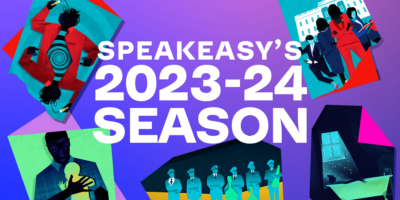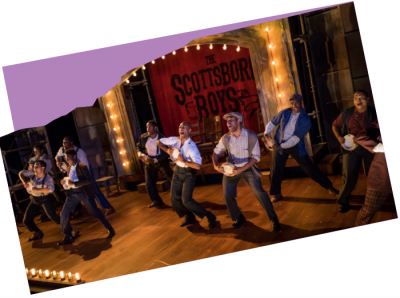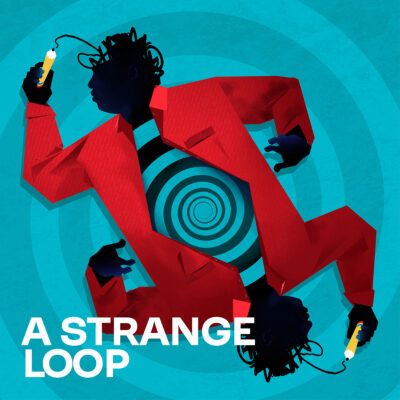Your donation sets the stage for a new season of Boston's most intimate, entertaining and provocative plays and musicals. Our shows make powerful connections with our audiences-- and they are only possible because of you.
Pass Over Additional Reading
Pass Over Additional Reading
Antoinette Nwandu’s Pass Over, though only 90 minutes, is an incredibly complex play, drawing both on historical source material, some dating back over two thousand years ago, and on current events and movements. Here’s a select reading list to provide some context to our production, and to serve as a second step to larger conversations and action.
On the Influences of Pass Over
Gillespie, Iseult. “Why should you read Waiting for Godot?” TED-Ed.
Zauzmer, Julie. “The Bible was used to justify slavery. Then Africans made it their path to freedom.” The Washington Post, 30 Apr. 2019.
Roberts, Frank Leon. “How Black Lives Matter Changed the Way Americans Fight for Freedom.” American Civil Liberties Union, 13 Jul. 2018.
On the Themes of Pass Over
Chang, Alvin. “Police Academies Spend 60 Hours on Firearms — and Just 8 Hours on Conflict Management.” Vox, 7 July 2016.
Johnson, Akilah. “Boston. Racism. Image. Reality.” The Boston Globe, 10 Dec. 2017.
Oluo, Ijeoma. “Confronting racism is not about the needs and feelings of white people.” The Guardian, 28 Mar. 2019.
On the Language of Pass Over
Asim, Jabari. The N Word: Who Can Say It, Who Shouldn’t, and Why. Houghton Mifflin, 2008.
Coates, Ta-Nehisi. “In Defense of a Loaded Word.” The New York Times, 23 Nov. 2013.
Jones, Taylor. “What Is AAVE (African American Vernacular English)?” Language Jones.
Price, Sean. “Straight Talk About the N-Word.” Teaching Tolerance, Fall 2011.
Winter, Ryan, and Claire Scott-Bacon. “Courtroom Semantics: The Impact of Ebonics.” Monitor on Psychology, Vol. 47, No. 9, Oct. 2016.
 Join us for spectacular season 33!
Join us for spectacular season 33! Past Productions
Past Productions a strange loop
a strange loop




